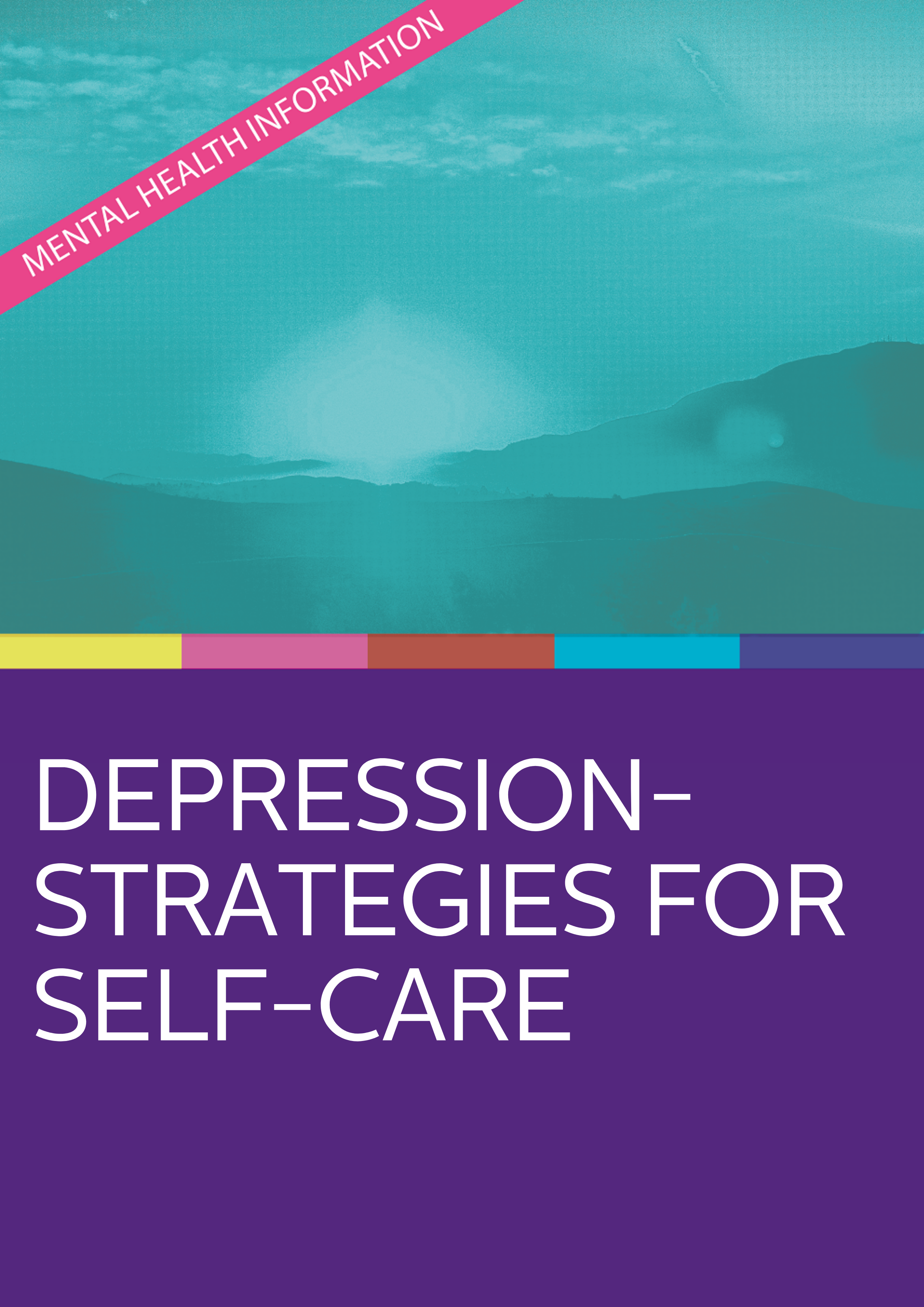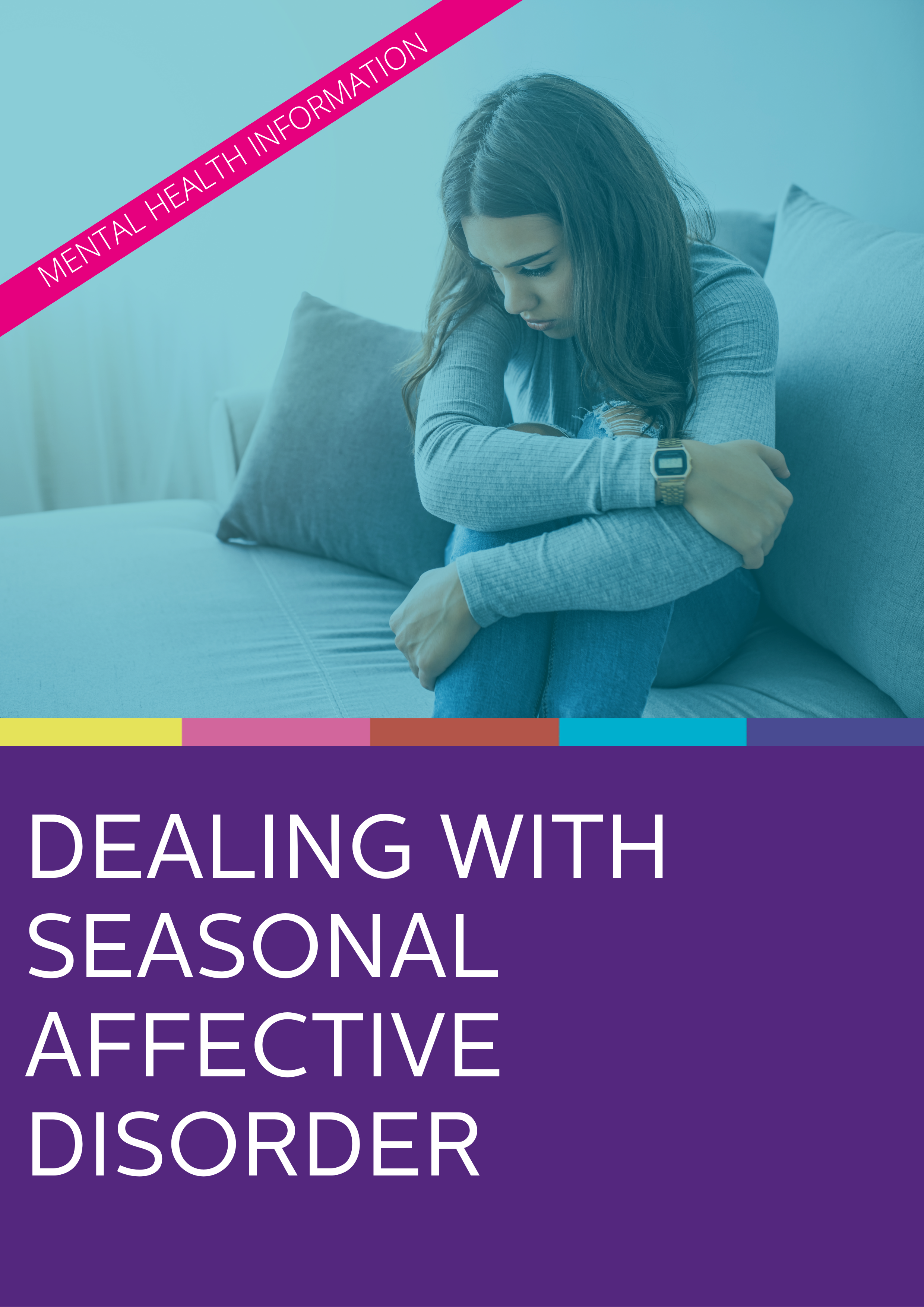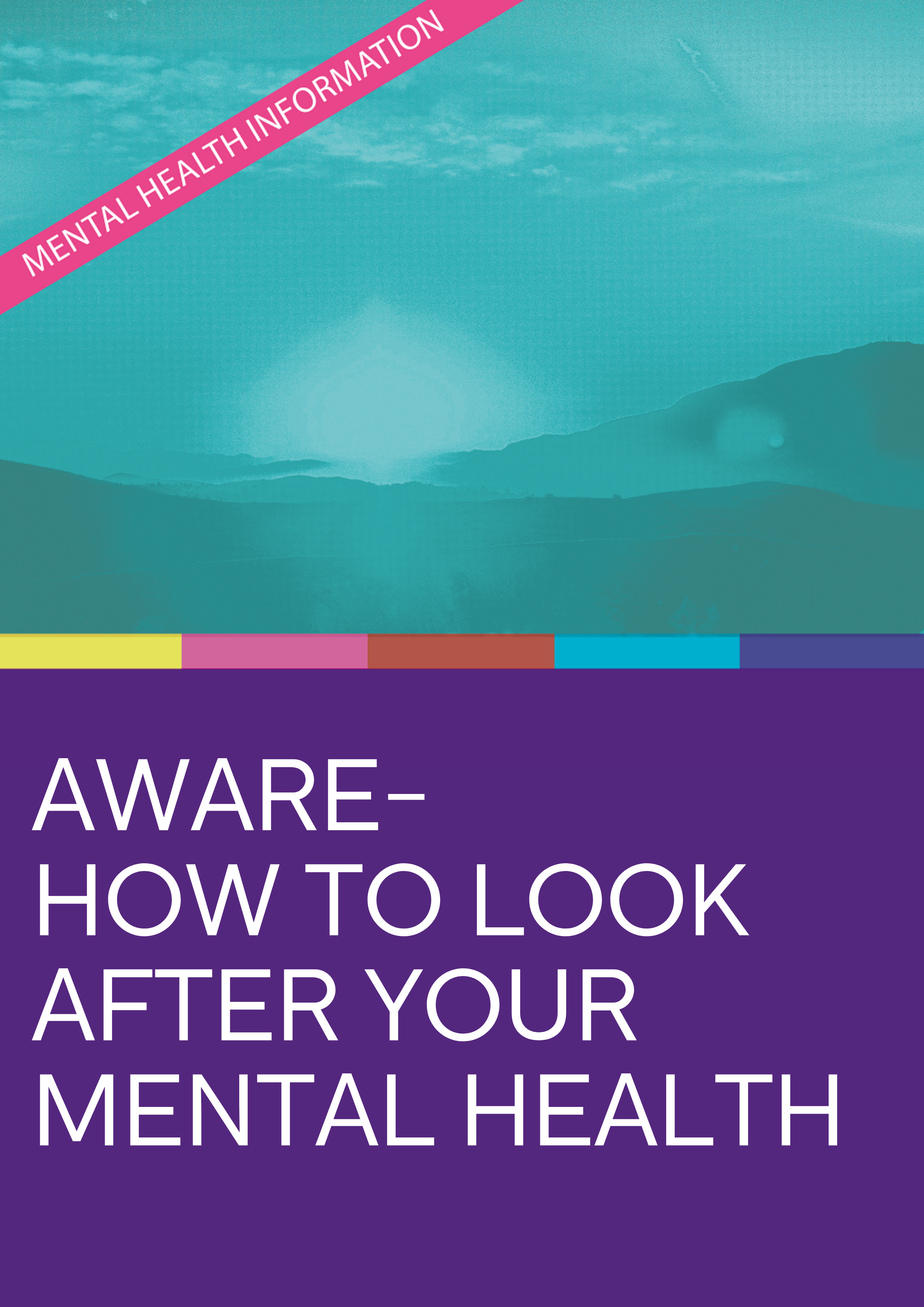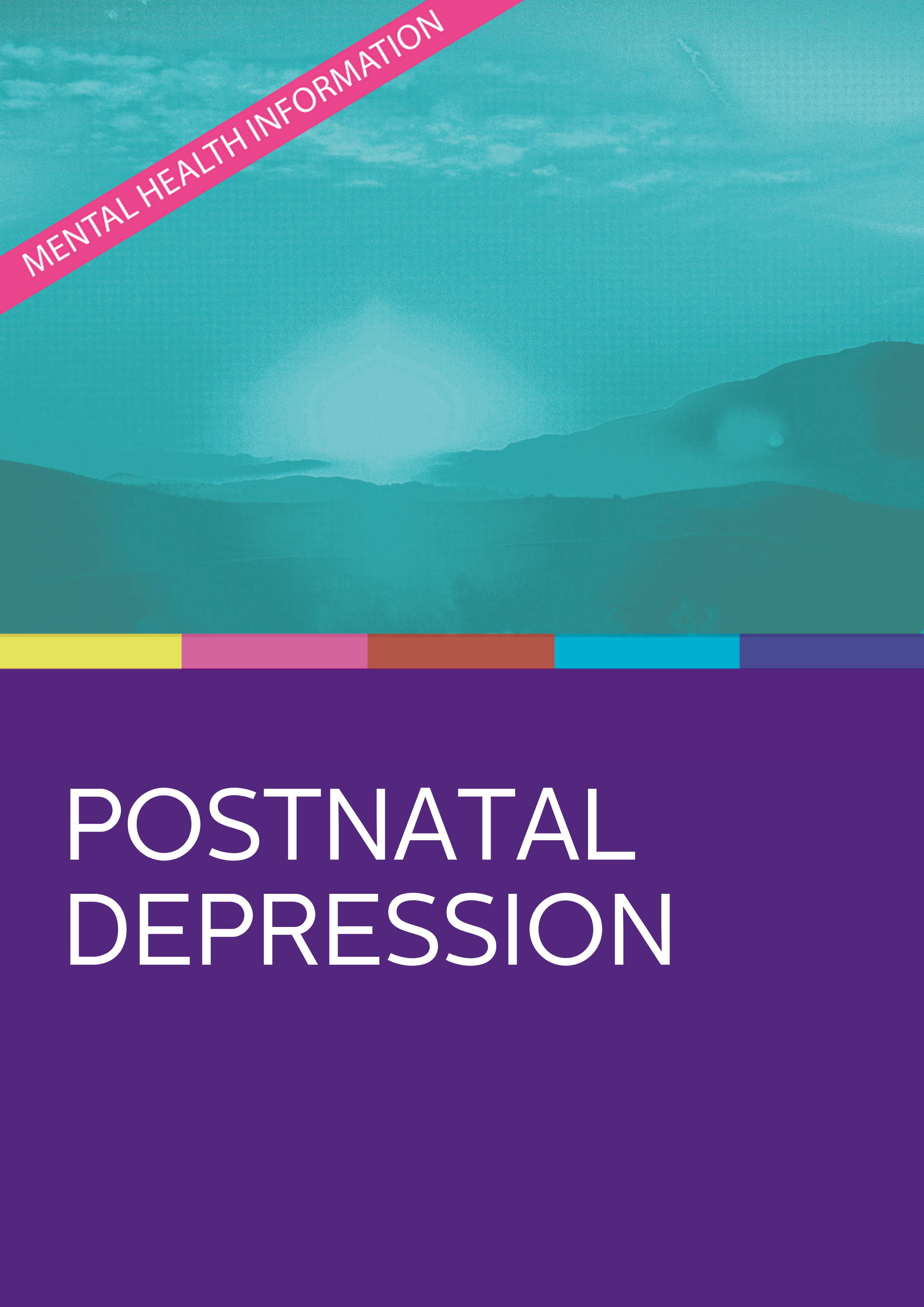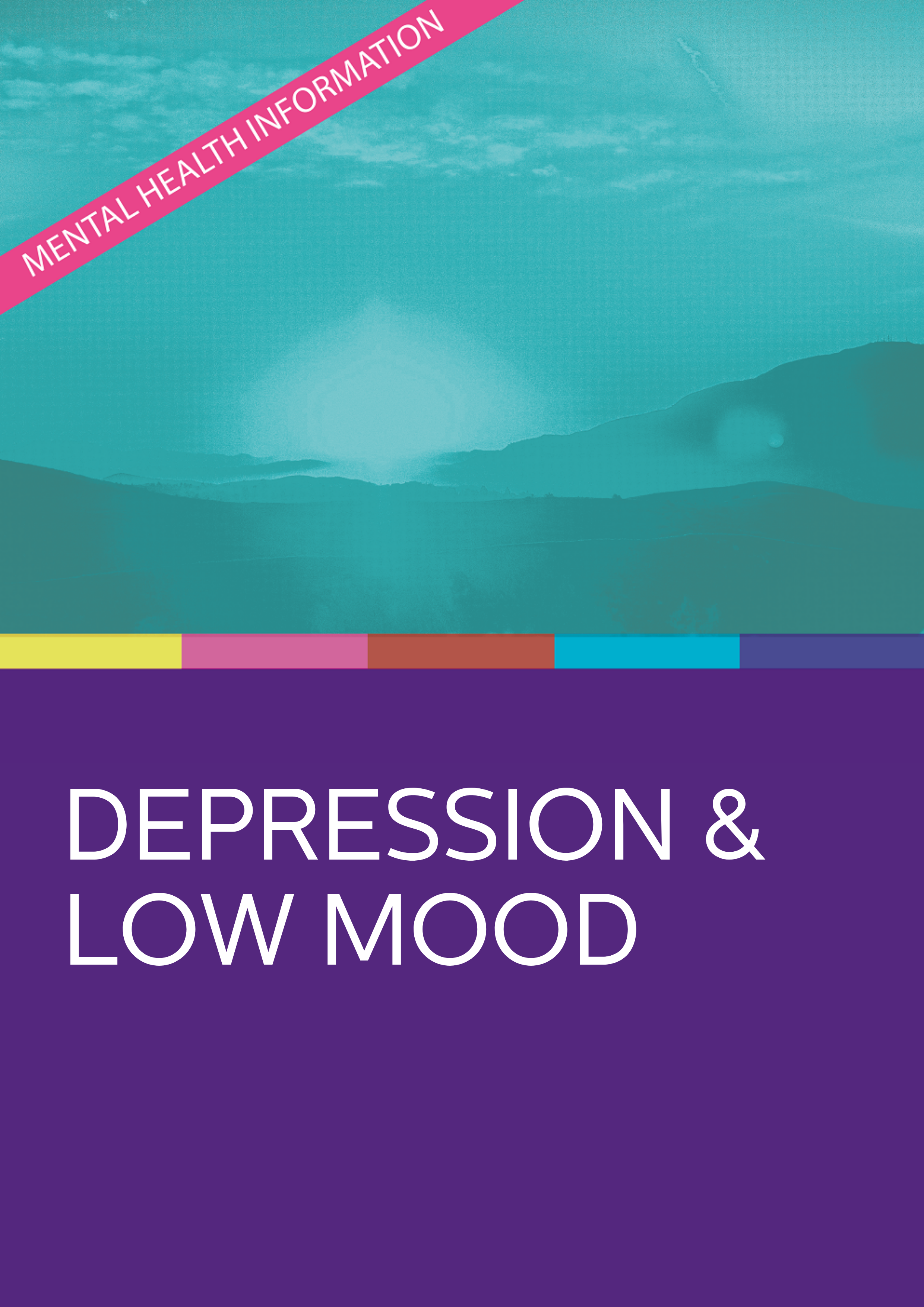Depression Information
Information on how to cope with depression and strategies on self-care
Everyone feels sad sometimes, but if sadness lasts too long it may be depression. Although depression may strike ‘out of the blue’ and for no obvious reason, there is usually more than one cause.
Some of the common causes may include:
- Death of a loved one – a spouse, close relative or pet
- The onset of chronic illness or pain
- Family history of depression
- Financial worries
- Loneliness
- Anger (depression has been called ‘frozen anger’ by some therapists. If you were unable to express your feelings at the time – perhaps because you were a child, or your feelings were unacceptable to others – the anger becomes internalised and is expressed as depression)
- Drugs and alcohol – Although people may be tempted to have a drink to cheer up, alcohol is a depressant, and will tend to make you feel worse Some drugs can also make you depressed, especially if used repeatedly.
Signs and symptoms
The onset of the first episode of major depression may not be obvious if it is gradual or mild. The symptoms of major depression characteristically represent a significant change from how a person functioned before the illness. Feeling low or sad is not the only sign of depression.
Common symptoms will usually include a combination of the following:
- Persistently sad or irritable mood
- Pronounced changes in sleep, appetite, and energy
- Tiredness and fatigue even when doing very little
- Difficulty thinking, concentrating, decision-making and remembering
- Being more worried or anxious than normal
- Being snappy or irritable
- Avoiding other people
- Physical slowing or agitation
- Lack of interest in or pleasure from activities that were once enjoyed
- Feelings of guilt, worthlessness, hopelessness, and emptiness
- Recurrent thoughts of death or suicide
- Excessive crying
- Persistent physical symptoms that do not respond to treatment, such as headaches, digestive disorders, and chronic pain
When several of these symptoms of depressive illness occur at the same time, last longer than two weeks and interfere with ordinary functioning, professional treatment is needed. For further information and how to look after your mental health, click on the resources below.
